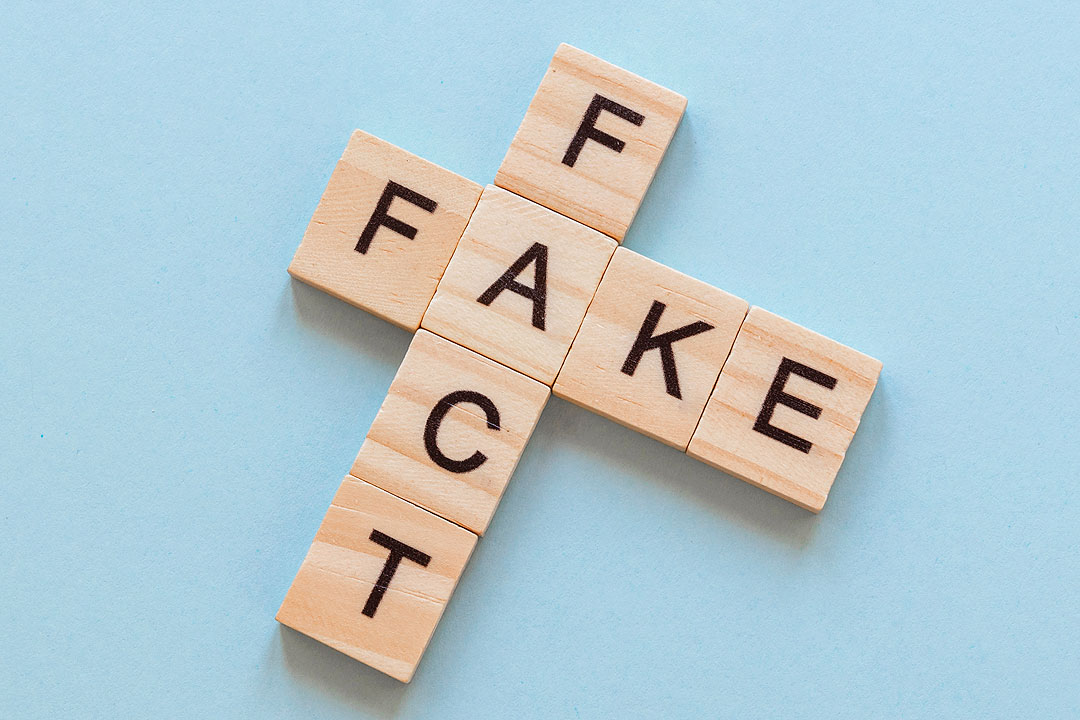
Being Right
By Jemy Gatdula

For the gazillionth time: the point of free speech (and its lesser variation — freedom of the press) is to protect speech that we disagree with. Because to protect only that speech we agree with is inutile. Because what then is the point? Freedom of speech is there, all the more so, precisely for speech we disagree with, that we find intolerable, revolting even.
If such an idea is something incomprehensible to you, then perhaps a time for reflection on why you joined civilized society in the first place is appropriate. Put another way for easier comprehension: free speech is why we even have civilized societies in the first place:
Bryan Magee in “Confessions of a philosopher” said: “Dissent, in primitive societies, was normally punishable by death. The upshot of this was that a society’s core body of knowledge and doctrine tended to remain almost static, especially if inscribed in writings that were regarded as holy. It was against this historical background that the pre-Socratic philosophers of ancient Greece introduced something wholly new and revolutionary: they institutionalized criticism. From Thales onwards each of them encouraged his pupils to discuss, debate, criticize — and to produce a better argument or theory if he could. Such, according to [Karl] Popper, were the historical beginnings of rationality and scientific method, and they were directly responsible for that galloping growth of human knowledge.”
The reason, wrote Villanova University law professor Robert Miller in “In defense of disgusting speech,” is that speech that is “disgusting and vile may turn out to be good and valuable. Reflect that the educated, cosmopolitan, highly literate Romans of the first century regarded the preaching of the Christians as disgusting and vile.”
The point is that an idea or belief, no matter how sure that portion of the population believes they are right could, by the nature of reason and dint of human experience, still be wrong. And hence the need for opposing thoughts to be expressed. As Professor Miller puts it, whether it’s about politics, history and most especially science, “being sure is not good enough, because even when you’re sure, sometimes you turn out to be wrong. There is no principled way to make exceptions in your own favor here.”
Such would be clearly true of pharmaceuticals, including — of course — vaccines, and quite particularly vaccines that didn’t even exist three years ago. That is just common sense. As Jude Verzosa, a fellow of the American College of Physicians and physician executive for CommonSpirit Health, one of the largest nonprofit health systems in the US, elucidates: “Evidence about pharmaceuticals or therapeutics will always evolve, anyone who says that science already has all the facts about the vaccines is in fact contradicting scientific methods.” And the fact remains that “there are ongoing studies about long-term sequelae of the vaccines.”
Indeed, Karl Popper, who crafted one of the most thoughtful philosophies on science and reality, points out that “whenever a theory appears to you as the only possible one, take this as a sign that you have neither understood the theory nor the problem which it was intended to solve.” Or, more tritely: “Once we realize that human knowledge is fallible, we realize also that we can never be completely certain that we have not made a mistake.”
Unfortunately, there is always the temptation for the petty and mediocre to suppress speech, gaining power through the control of information, and by doing so establish control over others. Nowadays, such obvious censorship is disguised by way of “fact-checkers.”
This “new breed of censors has been stifling scientific debate” and usually there to enforce “progressive orthodoxy on climate change and public health.” In fact, it is obvious that “fact-checkers” would not, absolutely not, “see anything that would have displeased the journalists and officials promoting lockdowns and mask mandates.” Check John Tierney’s “This Article Is ‘Partly False’” from May 2021.
It wouldn’t have been so bad if these fact-checkers knew anything. Unfortunately, we have the ridiculous spectacle of researched studies done by highly trained scientific experts being overridden by “merely inexperienced young people with little real knowledge of the subjects they are checking, and many suffer from ‘confirmation bias.’ The reports of these incompetent and biased fact-checkers are then used by the big social media companies as the crutch for their censorship operations.”
Thus, the asinine dimwittedness of censorship by fact-checkers is utterly unjustified: “Those who are confident in their own beliefs and understanding of reality do not usually mind honest debate about their ideas, even though it might lead them to change a previously held position. They do not feel the need to suppress the thoughts and utterances of others. It is usually the insecure, the ill-informed or dependent who feel the need to suppress or ‘cancel’ others,” Richard W. Rahn wrote in “When ignorant, biased ‘fact-checkers’ strike.”
Philosopher Gabriel Zanotti rightly asks: “Who looked like an idiot afterwards?” The answer: the fact-checkers. He added: “Did it ever occur to you, [fact-checkers], that in a free society, different paradigms should be able to debate freely, and then be up to the citizens to listen and decide for themselves? Of course not. For that to happen, you should read and study the work of John S. Mill, Popper, Feyerabend, Mises, Hayek… but God forbid! So, dear all-knowing fact-checkers, present day new little big brothers: you should study a bit.”
And the same definitely goes for the numbskulls that rely on fact-checkers.
Jemy Gatdula is a senior fellow of the Philippine Council for Foreign Relations and a Philippine Judicial Academy law lecturer for constitutional philosophy and jurisprudence
https://www.facebook.com/jigatdula/
Twitter @jemygatdula